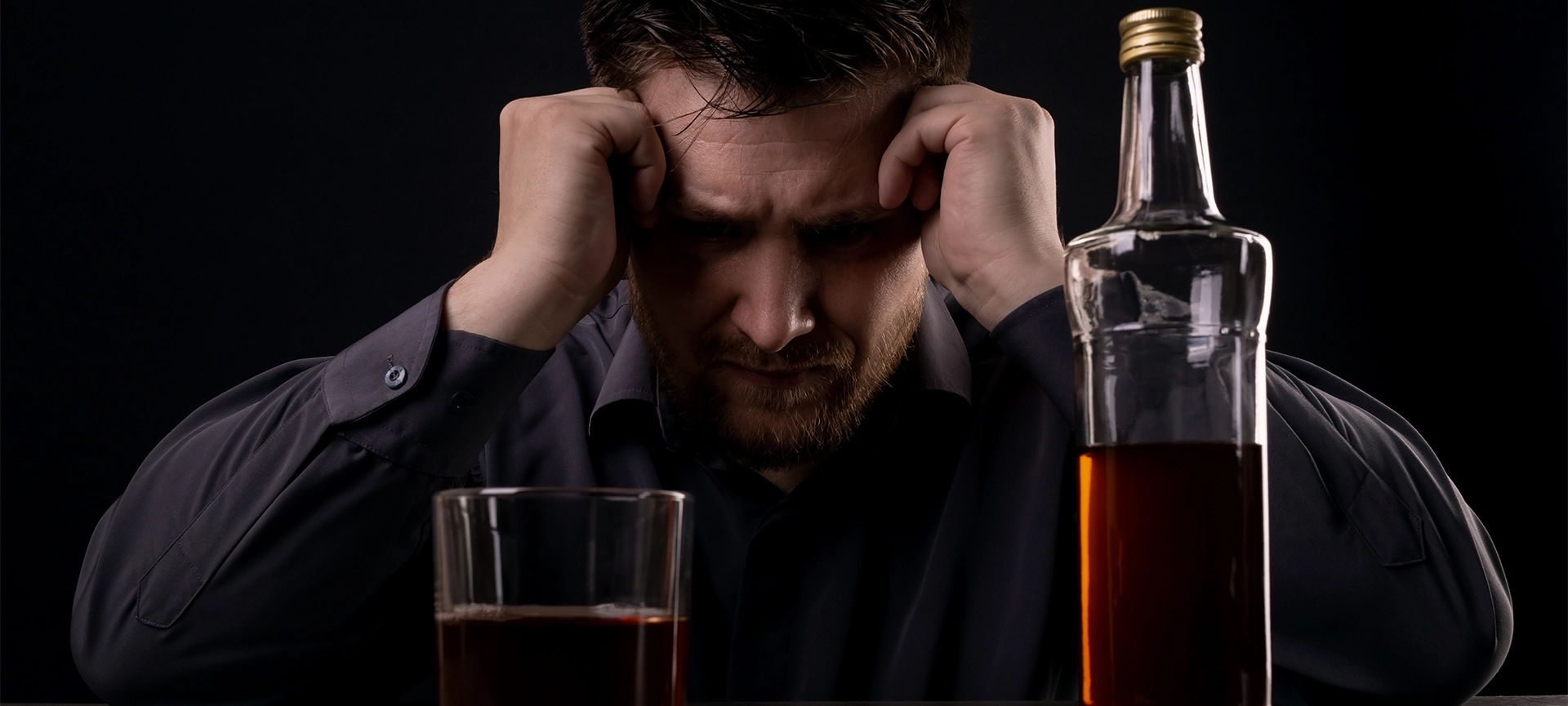Bottle of Wine a Night Alcoholic
It is easy to assume that someone who drinks large quantities of alcohol on a daily basis must be an alcoholic, and this is often the case. Frequent heavy use of alcohol may be indicative of alcohol addiction, especially if the individual has built up to that level of use gradually over a period of time.
However, the quantity of alcohol consumed cannot be the sole indicator of whether or not someone is an alcoholic. Excessive drinking, or problem drinking, is certainly a cause for concern, and it increases the risk of alcohol addiction. But if we do not know to look out for the other signs of alcoholism, there can be a critical delay in the individual getting the help they need.
What Is Problem Drinking?
Problem drinking is frequently equated with alcoholism, but they are not the same thing. While almost everyone with an active alcohol addiction engages in problem drinking, the reverse is not necessarily true.
Problem drinking includes the use of alcohol over and above the recommended guidelines, consumption of alcohol with harmful results such as violence or driving while intoxicated, and use of alcohol against medical advice.
Examples of problem drinking include:
- Getting drunk and getting into fights
- Drinking while pregnant
- Underage drinking
- Drinking to the point of losing consciousness
Drinking a bottle of wine a night would certainly count as problem drinking simply because of the volumes of alcohol involved, but unless that consumption comes with a reliance on alcohol – the physical or psychological need to drink – it cannot be assumed that the individual is an alcoholic.
What Makes Someone An Alcoholic?
Alcohol can generate desirable effects, such as feelings of ecstasy and excitement, a sense of confidence and adventure, and a reduction in anxiety or shyness. Many people consume alcohol just to get those feelings.
We’ve all known that person – or perhaps been that person – who has a couple of drinks “to get through” what would otherwise be an anxiety-inducing party. In many cultures, the initial response to shocking news is a shot of whisky or some other liquor. We’ve all heard stories of people drinking prior to a big event to calm their nerves or feel more confident.
For most people, this is not a problem. Drinking is an extreme solution to an extreme situation. However, for others, this can lead to a path of addiction. The more you drink, the more likely you are to develop a tolerance to alcohol. This means that you have to consume higher amounts of alcohol in order to achieve those feelings you are looking for.
While this is happening, your body is mounting a physiological response to the increasing presence of alcohol. Your heart rate is rising to compensate for the depressant effects of alcohol. Your liver is working overtime and not managing to metabolize all of the alcohol you consume. Your brain chemistry is undergoing changes as your dopamine levels rise and fall in unhealthy patterns.
After a period of time, you reach a point where you may not necessarily want to drink, but you need to in order to prevent your body from going into withdrawal, which can be uncomfortable at best, and fatal at worst.
Ultimately, the body’s incredible ability to adapt to unusual circumstances – such as the constant presence of a substance like alcohol – counts against you when that substance is suddenly withdrawn. Because when the body is overcompensating for something that is abruptly taken away, the effect is similar to your brakes failing on a downhill stretch. And the result is the same: unless you get your safety net back, you are at risk of crashing.
Surely a bottle of wine a night would lead to this?
It would make sense to think that a bottle of wine a night, or the equivalent amount in beer or liquor, would result in the body becoming dependent. While sustained frequent use of alcohol dramatically raises the risk of alcoholism, this risk also depends on a number of other factors.
These include:
- Your age, weight, and general state of health
- Whether you are using any other substances, such as prescription medications or illicit drugs
- Whether you have a family history of substance abuse disorders
- A history of trauma, either witnessed or experienced
- Whether you grew up witnessing excessive drinking
- Whether you engaged in underage drinking as a teenager
- The level of stress you experience in your day-to-day life or career
- The presence of mental health concerns such as anxiety, depression, or low self-esteem
- Peer pressure to drink from friends, coworkers, or family members
Getting Help For Alcohol Addiction
If you think you or a loved one may be addicted to alcohol, the best time to seek help is right now. The earlier you get help, the less likely you are to experience the long-term effects of alcohol abuse, such as liver disease, heart problems, stroke, nerve damage, and some cancers.
At Addiction Rehab Toronto, we provide support to people with alcohol addictions, starting with medical detox. Unsupervised withdrawal from alcohol can be extremely dangerous and frightening. We will keep you safe and as comfortable as possible during this phase, treating withdrawal symptoms as they arise.
Once your detox is done, you will be ready to transition into an alcohol addiction rehab program that is tailored to your unique needs and circumstances. Everyone’s addiction journey is different, and that includes recovery. Different people respond to different methods of treatment, and we will put together a recovery program that is right for you.
Your recovery will not end when your formal rehab program is over. You will go back to the real world with the support of our comprehensive aftercare program. Participating in this program will vastly reduce your chances of relapse.
Whether you are in the early, middle, or late stages of alcohol addiction, we are here to help you. Your journey to a better life starts with a single call to our compassionate, professional staff.







